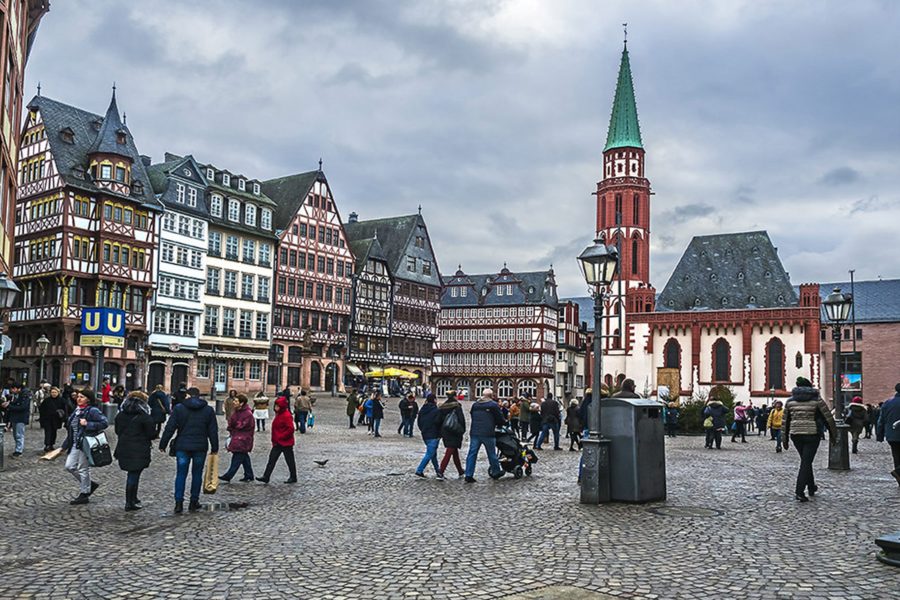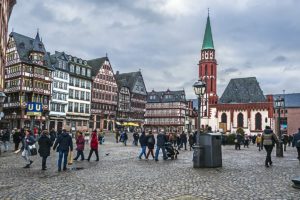German gaming operators warn of black market surge

The sports betting trade association says the issue needs urgent action.
Germany.- The sports betting trade association Deutsche Sportwettenverband (DSWV) has repeated its call for urgent action to tackle the black market in Germany. It says that sports betting stakes fell by 13 per cent year-on-year in 2022, from €9.2bn to €8.4bn, despite the World Cup towards the end of the year.
Some €433m was paid in sports betting tax to the government, down 7.9 per cent below 2021’s €470m. The DSWV claims the decline is the result of a rise in illegal offerings.
DSWV president Mathias Dahms said: “Unfortunately, in 2022, exactly the scenario we have repeatedly warned about occurred. The legal market has to assert itself against the countless black market providers who do not comply with any guidelines or rules.
“For most customers, whether or not a provider has a licence from Germany is of secondary importance. They are looking for the widest offer, the best odds, easy payment processes and interesting bonuses. The legal offers have a difficult time here.”
A study conducted by the DSWV last month found a 65 per cent increase in illegal gambling offers in Germany. Of 1,500 unlicensed sites that it checked, German players could access 840 and open an account on 723. That range of offers compares with just 46 licensed online gambling operators in Germany, with 31 offering sports betting.
“Even in the field of betting shops, there are still too many unauthorised betting opportunities,” the DSWV argued. “Some providers whose licence applications were rejected are still active online and locally with betting shops. The local authorities must strengthen controls and take action.”
The DSWV said the new German regulator, the GGL, was “clearly reaching their limits when it comes to combatting the black market”.
It noted that after the regulator’s IP blocking order against Lottoland was ruled illegal by the courts, it now has “reason to focus on alternative approaches in the fight against illegal offerings”.
“This includes the consistent strengthening of the legal market,” the DSWV said. “In order to be competitive, legal sports betting providers need to have the most attractive and wide range possible. The extremely strict restrictions on offers and advertising urgently need to be put to the test.”
DSWV general manager Luka Andric also said that this would require rethinking advertising regulations and targeting the advertising of unlicensed operators. He said: “This type of advertising must be stopped urgently, and the advertising opportunities of legal providers must be strengthened.”











